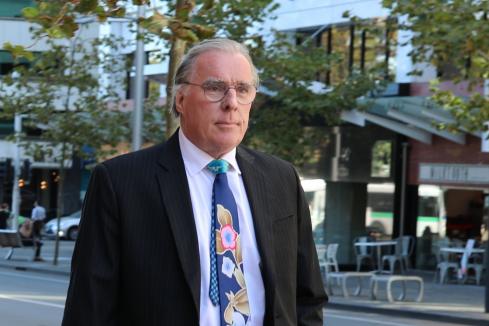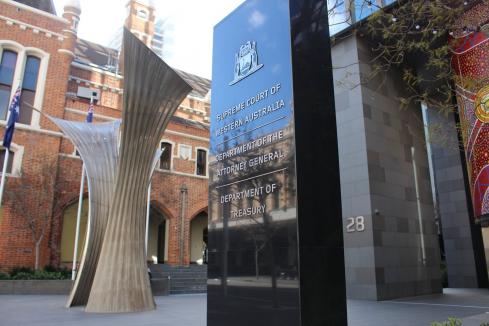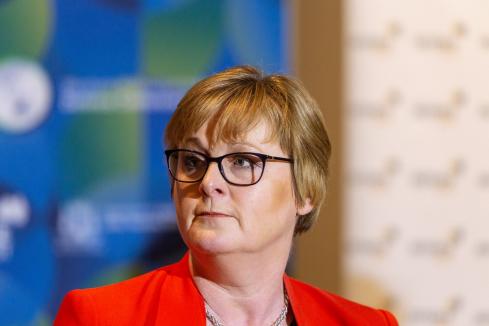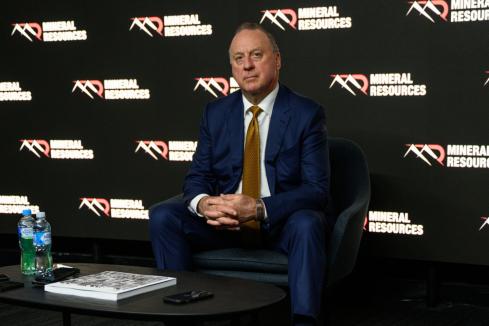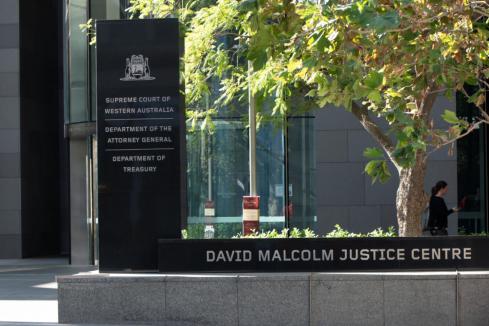Perth software company Track’em has had a win over former consultants Steve McNally and Keyt Atkinson after a Supreme Court judge described their claims as embarrassing.

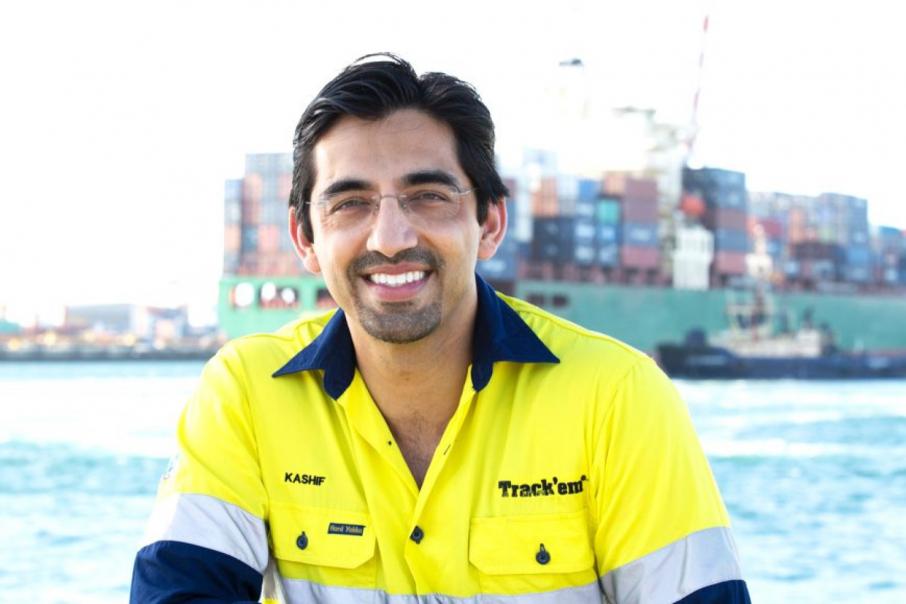
Perth software company Track'em has had a win over former consultants Steve McNally and Keyt Atkinson after a Supreme Court judge described the consultants' claims as embarrassing.
The legal dispute followed the termination of a contracting agreement between Track'em and the two consultants in 2018.
They were engaged in 2017 to provide advice to Track'em, which has developed software to track materials and assets on construction projects.
It has won multiple contracts with the likes of Downer, Primero Group, Monadelphous Group, CPB Contractors and John Holland.
In 2020, the company’s software tracked 3.1 million items, nearly double the previous year, and expanded to the US with a project in Arizona.
Messrs McNally and Atkinson were originally engaged through their companies Revenue Partners Pty Ltd and Revenue Partners Consulting to undertake an assessment of Track’em.
Mr Atkinson, who now works at Murdoch University, was later engaged by Track'em in a sales role.
Mr McNally, who now heads up the WA office of MOQdigital, was chief operating officer.
They worked under a memorandum of understanding, which was terminated by mutual consent in 2018.
The consultants subsequently issued invoices to Track'em, which the company alleges it is not obliged to pay.
It alleges that the MOU was void before the invoiced services were purportedly provided or that the services that were not provided.
In addition, Track’em claims the two men made false representations and engaged in misleading or deceptive conduct, causing it to suffer a loss.
The former consultants responded with a defence and counterclaim, which was the subject of a Supreme Court ruling this week.
Track’em, which was represented by law firm Bennett & Co, applied to strike out parts of the defence and counterclaim because the pleading was “imbued with veiled allegations of fraud that are not specifically pleaded or particularised”.
Over the course of the hearings, it emerged that the consultants’ pleading did not reflect the case they sought to run.
The pleadings included allegations that Track'em falsely represented that it was entitled to a research and development tax offset for the 2016-17 financial year.
Strangely, this claim was made despite the fact Track'em had already received an R&D tax offset for the 2016-17 financial year after spending $472,480 on eligible R&D activities.
When the hearing resumed last month, Track'em and its founder Kashif Saleem said they did not know the case against them.
Justice Gail Archer agreed with Mr Saleem, describing the pleadings as embarrassing.
“It was impossible for the reader to discern how Track'em's representation that it would receive an R&D tax offset could constitute misleading or deceptive conduct when Track'em did receive the R&D tax offset,” she said.
Justice Archer added that the pleadings failed to identify the actual case that had to be met, concealing at least some of the real questions in controversy, and failed to state the defendants' case with reasonable particularity.
“In view of the deficiencies as whole, in particular that the pleading did not disclose the defendants' actual case, I consider that the challenged pleading in the seventh defence and counterclaim should be struck out.”
Justice Archer said her ruling made it unnecessary to consider Track’em's submissions as to whether fraud was alleged.
However, for clarity, she said fraud was not alleged.
“The defendants' actual case is that they were misled into thinking that Track'em was a competent company,” she said.
“Had the pleading reflected the actual case the defendants sought to run, it would have been plain that the defendants were not alleging fraud.”










